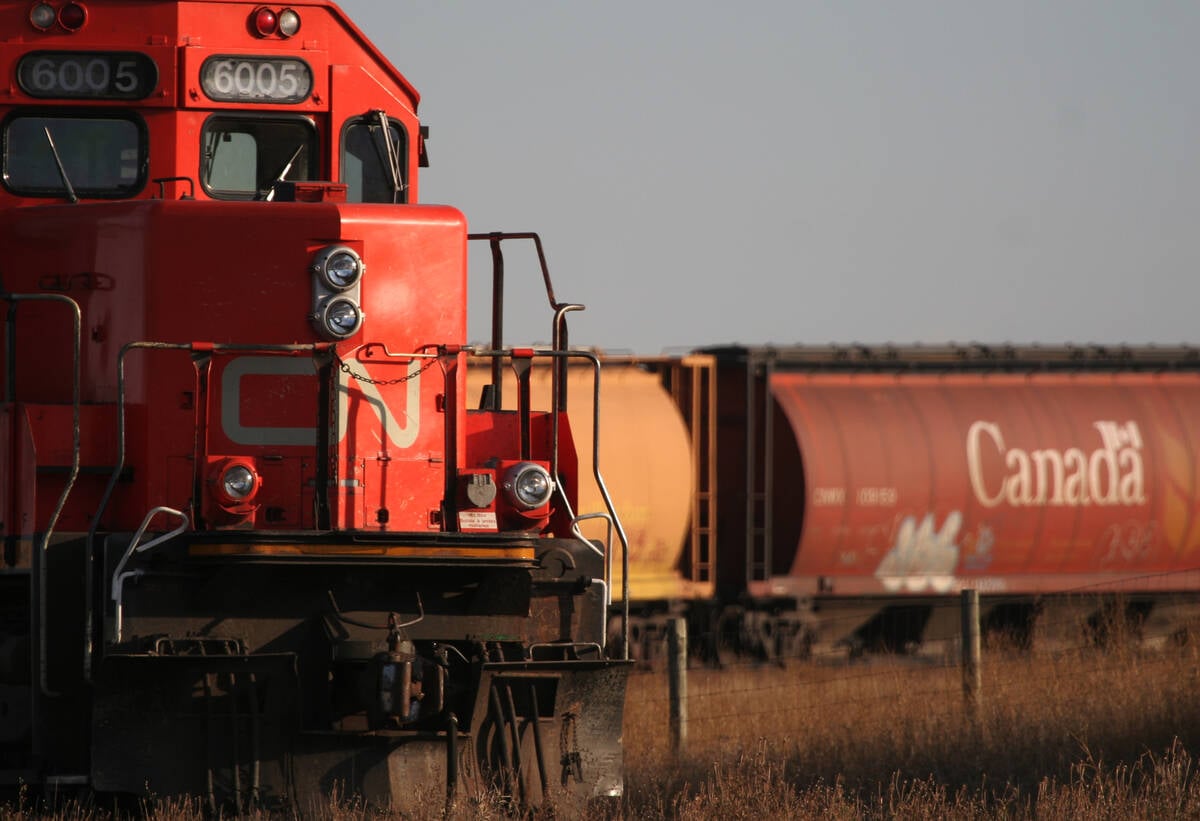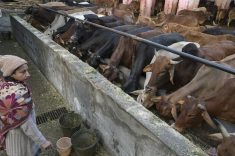The Manitoba government’s decision to massively increase its highways budget is great news for farmers, says Keystone Agricultural Producers.
But the province needs to ensure the money is spent strategically because there might soon be a lot more stress on the roads.
“With limited dollars, it is essential that we find ways to prioritize the investments into our highways,” said David Rolfe, KAP president.
“In agriculture, the government is also pushing forward with new alternate energy projects like biodiesel and ethanol. These future opportunities will all have to be considered as part of the infrastructure plan, since there will be a steady stream of commodities and products in and out of these alternate energy facilities.”
Read Also

Canada-U.S. trade relationship called complex
Trade issues existed long before U.S. president Donald Trump and his on-again, off-again tariffs came along, said panelists at a policy summit last month.
Premier Gary Doer stunned many when he announced the province would boost its highway spending by more than 50 percent per year, moving to almost $400 million from a present budget of $257 million per year for building and maintaining roads.
It’s an increased rate of spending the government plans to maintain, he said, which will take provincial road spending to about $2 billion in the next five years.
The government has also announced more money for urban roads.
Manitoba’s main trade artery, Highway 75 that connects to the United States at Emerson, will be upgraded, Doer said. Other new construction projects will be selected before the 2007 road building season begins.
Doer also announced the province will be releasing a long-term highway redevelopment plan this fall.
Rolfe said the highway system needs to be redesigned so farmers’ long distance shipping is less onerous.
“Poorly maintained roads are not just an inconvenience for farmers. They can be a safety hazard and also contribute to the increased wear and tear on larger trucks.”















